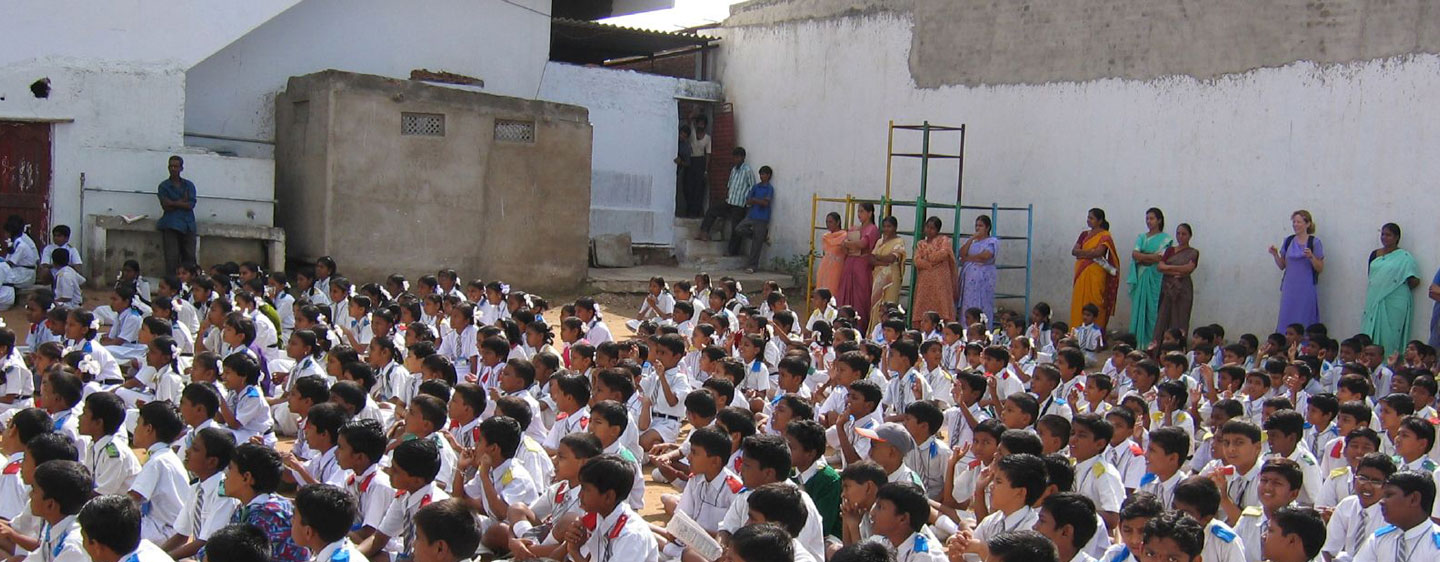By continuing the License Raj, the government is actively discouraging the entry of educators in the sector and preventing children from learning.
The public education system in India fails to provide millions of students with a decent quality education and hampers their prospects of a better future. In addition, the strict regulatory norms under the Right to Education Act of 2009 have led to the closure of thousands of budget private schools across the country.
The excessive License Raj plagues India’s education system, it has made it difficult for everyone to open a school and provide education. Let us look at how the Raj has limited the number of private schools in the National Capital Region –
As per the Delhi School Education Act of 1973, one must register any educational organisation under the Society Registration Act, 1860. This is to ensure that the organization is non-profit. Obviously, the private schools find ways and means to overcome this and still charge a hefty fee from parents in most elite schools. This is not the fundamental problem. The issue is that by making education a non-profit activity, the state makes sure that no banks or financial institutions fund the opening of schools. This leads to a lack of seats for thousands of children as anyone without crores of rupees in the capital is deprived of providing education.
The other main barrier to starting a school is Essentiality Certificate which certifies the need for a school in an area or zone. The Directorate of Education decides that whether there is a need for having a school or not. In a city where around 13 lakh children are out of the education system, why do we even need an authority to decide whether more schools are ‘essential’?
Read More: RTE Act: Right to Education or Restricting the Education?
According to a study conducted by the Centre of Civil Society, a New Delhi based think-tank, shows how ABC Society in New Delhi faced huge problems while opening a school. The ABC Society decided to open the school in 1984. To provide education to underprivileged children. It took 6 months for the society to obtain Essentiality Certificate because the Directorate of Education issues certificates only once in six months.
After a year, the Department issued a letter of sponsorship to Delhi Development Authority. Due to bureaucratic disruptions and negligence of officials, the society had to get the letter thrice and finally acquired the land for the school after 6 long years. Further, the Society took another six to eight months to pass the building plan.
Against all odds, when the ABC society finally managed to open the school, it was not given recognition by the local government because they found difficult to follow the salaries and allowances regulation mandated by Delhi Society Education Act. It is surprising to know that recognition was not given to school even after 17 years of its establishment. The school was also asked to pay 1 lakh for recognition certificate and 5,000 for EC as a bribe.
To set-up a school in New Delhi, one must obtain at least 10-15 licenses some of which includes certificated from the Municipal Corporation of Delhi, Certificate of Affiliation, Certificate of Recognition, Certificate of Upgradation, permission for land use and many more by various government agencies. It takes an average of 10 years to get all these licenses by legal means.
It is such a shame that in a country where millions of children are still not enrolled in a school, the government is creating hurdles instead of helping the opening of schools. By continuing the License Raj, the government is actively discouraging the entry of educators in the sector and preventing children from learning. Individuals and corporations should be free from unnecessary interventions and excessive licensing requirements so we could have more schools for our children.

